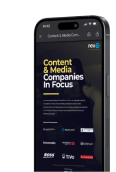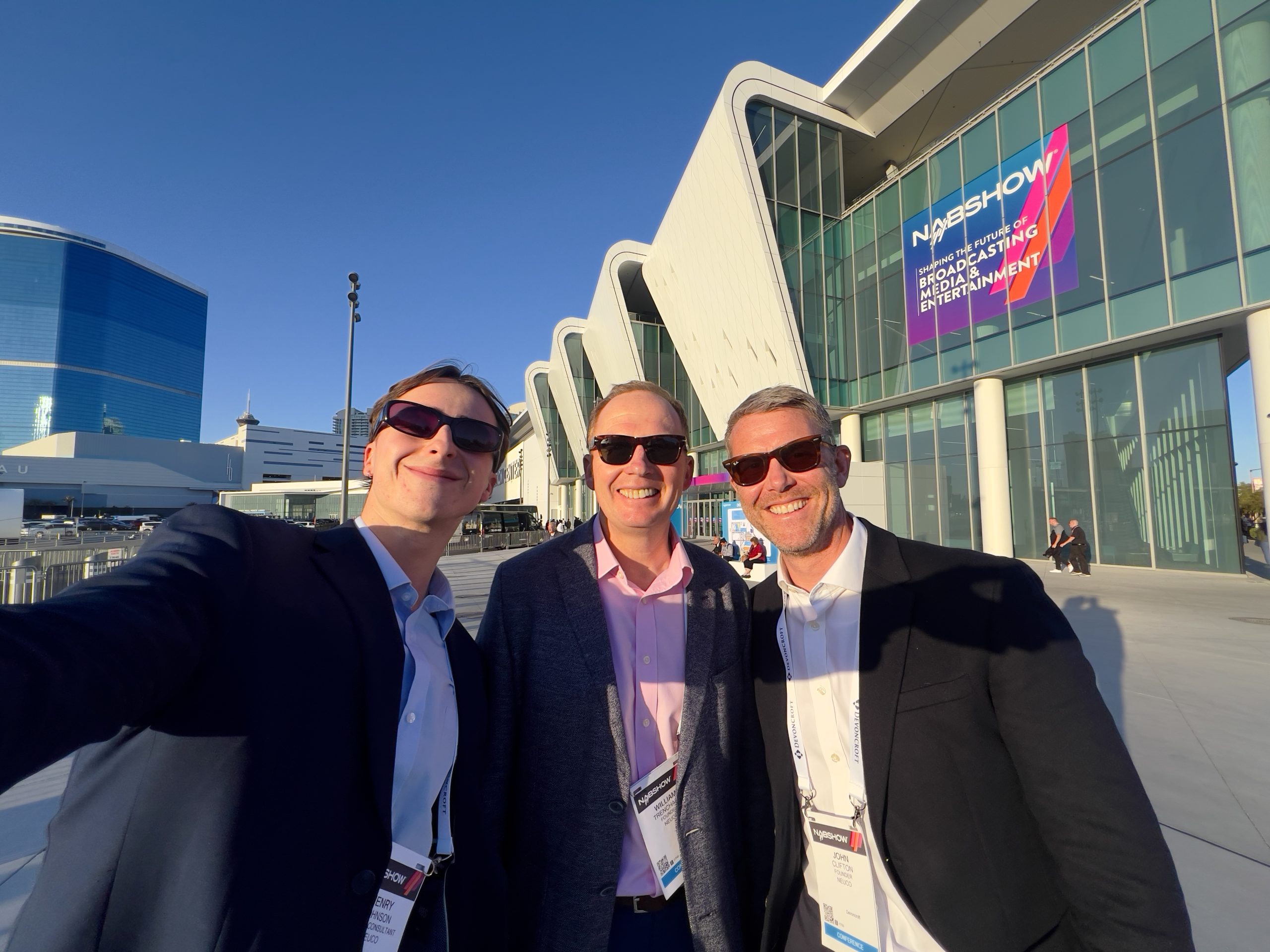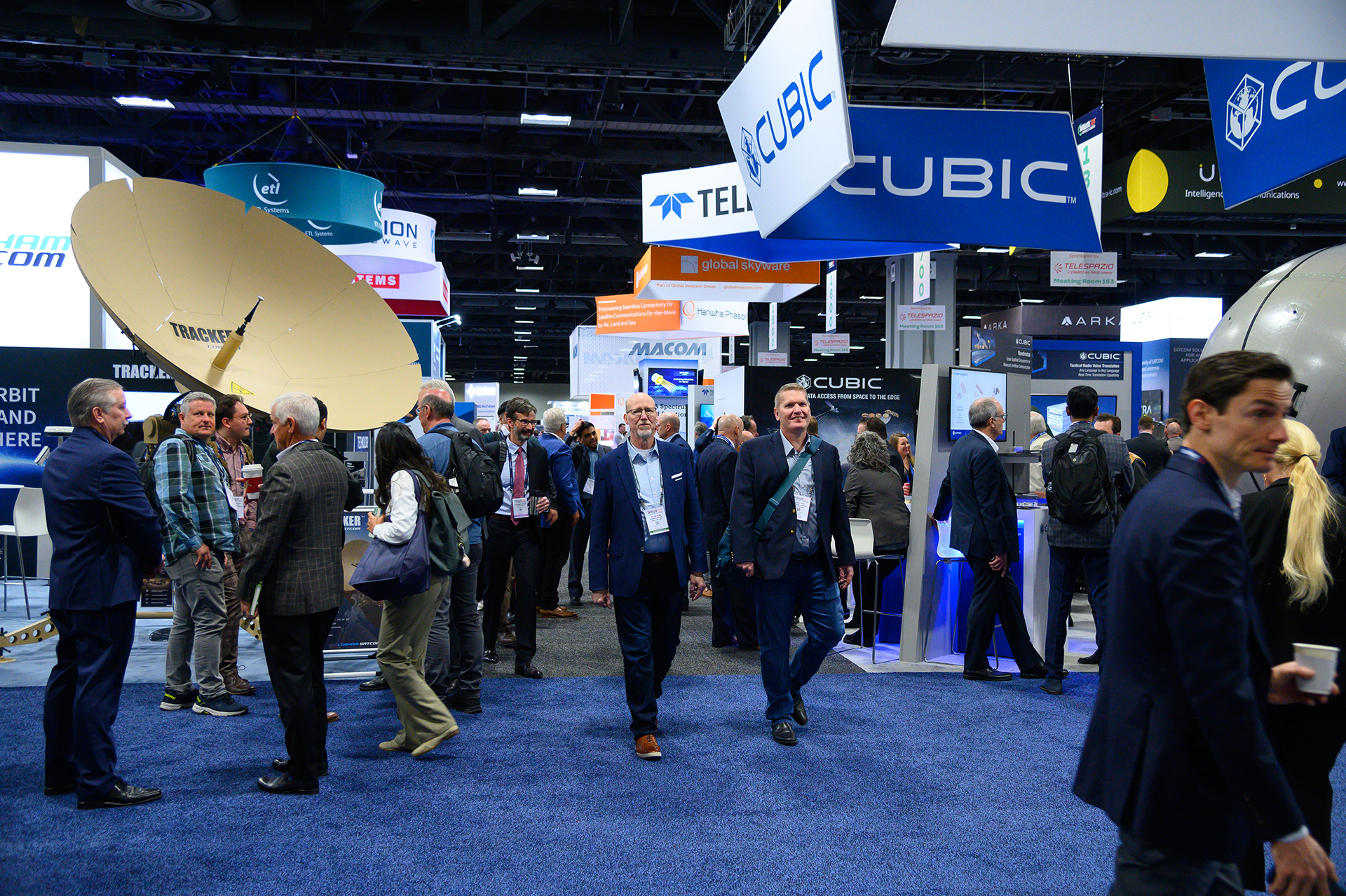On Episode 35 of The Satellite & NewSpace Matters Podcast, Constellr‘s co-founders, CEO Max Gulde and COO Cassi Welling, joined us to discuss the industry’s changing perceptions of our planet’s health. Constellr is developing earth observation applications that monitor the heat on Earth’s surface, with the aim of helping companies and people create more responsible solutions. With such a powerful mission, we were keen to hear their thoughts on perceptions of planetary health in the satellite industry. Here are the highlights:
Max: “In principle, we see a shift in perception. There have been, and still are, a lot of promises about what Earth observation would eventually do to solve these problems around the globe, and a lot of those promises didn’t come to pass. We have to fight that legacy. It turns out that you can correlate certain things, but the correlation is not that good. This has misplaced a lot of trust, so it’s a challenge.
We try to be extremely realistic about what we can do and also clearly state what we cannot do. On the one hand side, we are the first generation who can directly see the impact of climate change, and that is scary, but it’s also obviously helping bring across our message. We are also probably the last generation that has the leverage to change things, so we should use that opportunity. On the other hand, people are more acutely aware that this is happening, and they’re uncertain. There’s no discussion anymore about if this is happening or not. We are in deep trouble.
We can actually do a measurement now which is far more reliable and directly quantifiable than previous modeling approaches. People seem to understand more, and they’re crying out for us to measure things because the model is not granular enough. Making more data-driven decisions is helpful, especially as we’re pushed towards a more compliance-based market that’s about fulfilling certain requirements. Measurements are at the very centre.
The point is that we’re moving. I’m very happy as a scientist, but maybe there’s a bias there. It’s gratifying to be pushed in this direction and to provide these measurements to help people make better decisions. We see the market moving, despite the early mistrust from overclaiming what satellites can do. Now with a new generation, we’re getting a lot closer to actually fulfilling these promises.

Cassie: “Just to add to that, I think the benefit of science becoming more of a mainstream topic is that it’s completely cross-cutting not just one part of the industry, but it’s pushing us to collaborate, generate partnerships and so on. It’s creating a drive towards NewSpace and more opportunities through being quicker, lighter, more sustainable, more efficient, etc. It goes hand in hand with the evolution of the sector.
The industry is able to address some of these more specific topics now. Space debris is a massive topic at the moment, so heaps of companies are popping up in that area. That’s just one example of this broader view of ‘Oh, we’re not just sending satellites into space, we’re contributing to planetary debris that’s also impacting the Earth.’ There’s also something called space sustainability ratings that’s growing at the moment, so there’s a lot of drive in the right direction.
Space offers massive scalability. It allows us to look at the whole planet and assess change over time and be consistent in how we’re measuring things. But at the same time, it doesn’t always allow for the granularity of decision-making on the ground. It’s about having a balance and making sure that space complements other datasets or methodologies that we’re using on the ground so that you get the best possible picture at any one point.”
To hear more from Max and Cassie, tune into Episode 35 of The Satellite & NewSpace Matters Podcast here.
We sit down regularly with some of the biggest names in our industry, we dedicate our podcast to the stories of leaders in the technologies industries that bring us closer together. Follow the link here to see some of our latest episodes and don’t forget to subscribe.


